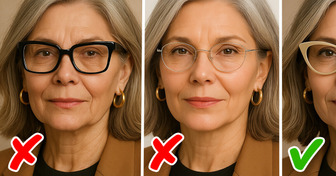Matthew McConaughey’s Son Levi Turns Heads at Rare Public Appearance, People Keep Talking About One Detail

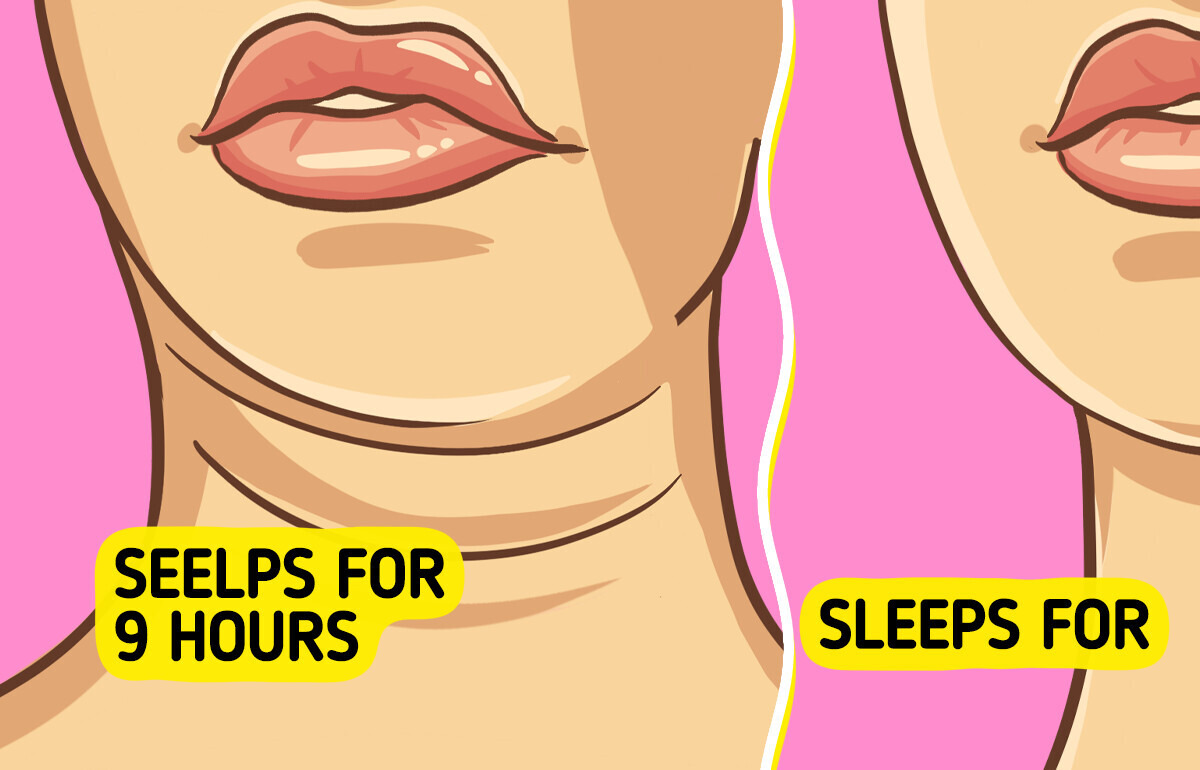
We are often advised to aim for at least seven hours of sleep each night. However, factors such as stress-induced insomnia or external disturbances frequently prevent many individuals from achieving this goal. Recently, the sleep technology company Simba employed artificial intelligence to study the physical effects of sleep deprivation, revealing alarming consequences for the body.
CONTENT IS PROVIDED FOR INFORMATIONAL PURPOSES ONLY AND IS NOT INTENDED AS A SUBSTITUTE OF MEDICAL ADVICE. SEEK GUIDANCE OF YOUR DOCTOR REGARDING YOUR HEALTH AND MEDICAL CONDITIONS.
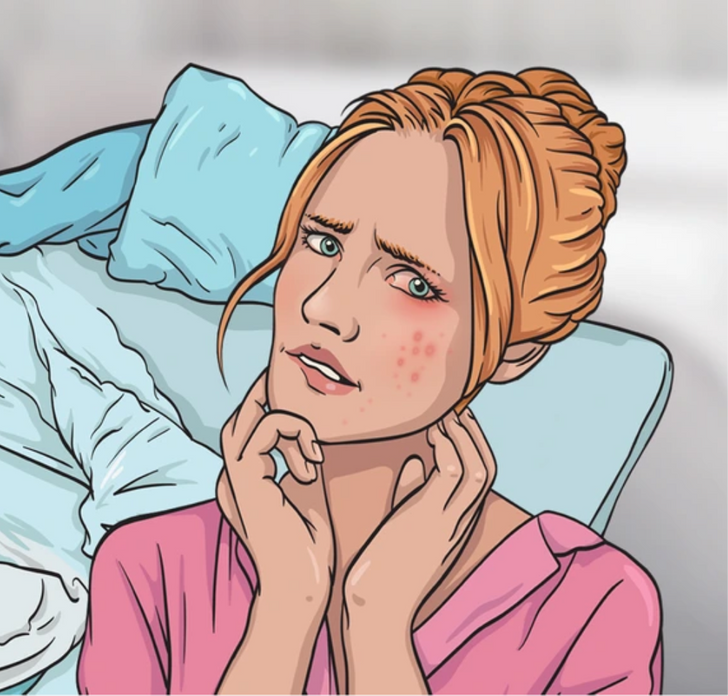
Simba conducted a survey of 2,175 UK adults to analyze their sleep patterns, physical health, and appearance. The gathered data was processed using AI, which visually demonstrated the effects of sleeping more or less than seven hours per night. “A lack of sleep doesn’t just leave you tired — it shows up all over your body,” said Lisa Artis, Deputy CEO of The Sleep Charity, Simba’s charity partner.
“When you’re sleep-deprived, cortisol levels — the stress hormone — rise, exacerbating inflammatory skin conditions, worsening conditions like eczema and psoriasis, leading to irritation, redness, and itching,” she added.

Poor sleep has been strongly linked to weight gain. The survey found that 26% of those who didn’t get enough rest were overweight, while 32% experienced bloating. “During sleep, the body balances hormones like ghrelin and leptin, which control hunger and satiety,” explained Ms. Artis.
Insufficient rest leads to an increase in ghrelin (which stimulates hunger) and a decrease in leptin (which signals fullness), often resulting in overeating and cravings for high-calorie, sugary foods.
Ms. Artis also pointed out gender-specific weight distribution trends. “Women are more likely to see increased fat in the hips and thighs due to hormonal changes, while men may notice more abdominal fat due to decreased testosterone levels,” she stated.
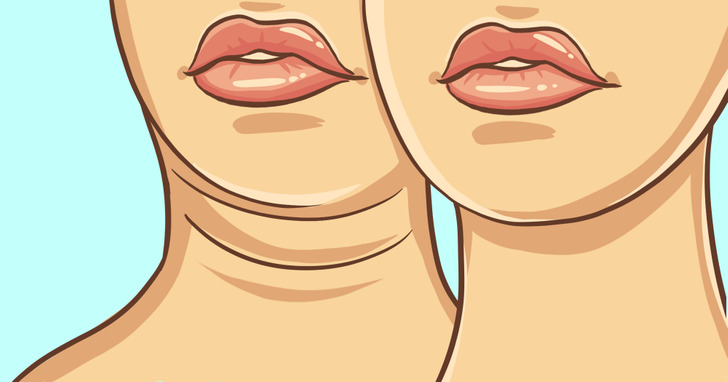
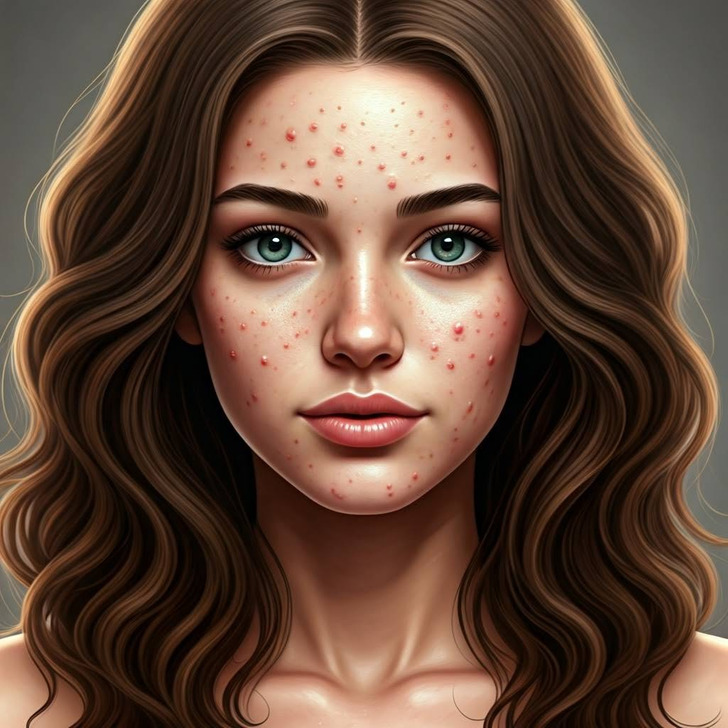
One of the most visible signs of sleep deprivation appears on the skin. “When sleep is compromised, reduced blood flow causes the skin to appear sallow and lack vibrancy, stripping it of its natural glow and vitality,” stated Artis.
Among those with insufficient sleep, 24% reported heightened skin sensitivity. Additionally, 16% suffered from eczema, 7% from psoriasis, and 10% experienced a dull complexion. “At night, the skin works overtime to regenerate and repair itself,” Ms. Artis explained. “During rest, blood flow increases, supporting its natural repair processes and promoting a healthy, radiant complexion,” she said.
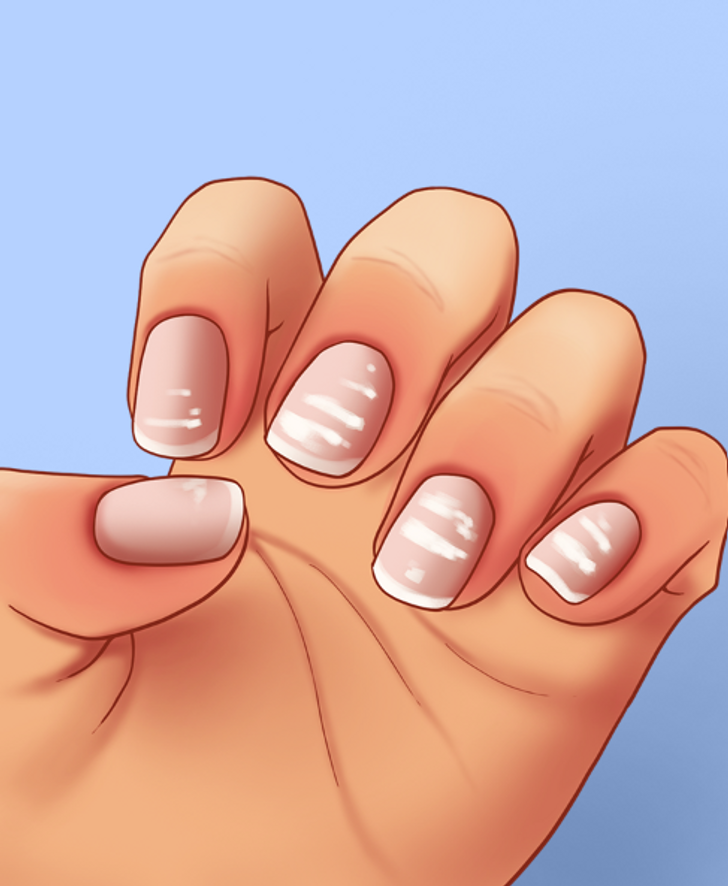
A notable 15% of participants with poor sleep also reported brittle nails, suggesting a link between chronic sleep deprivation and weakened nail health. This may stem from disruptions in the body’s natural repair processes, which play a vital role in maintaining strong and healthy nails.
Another unexpected consequence of inadequate sleep is experiencing cold hands and feet.“Body temperature is also under circadian control... Sleep loss can impair the body’s ability to manage and adjust its internal temperature, causing fluctuations and discomfort in the hands and other extremities,” Ms. Artis explained.
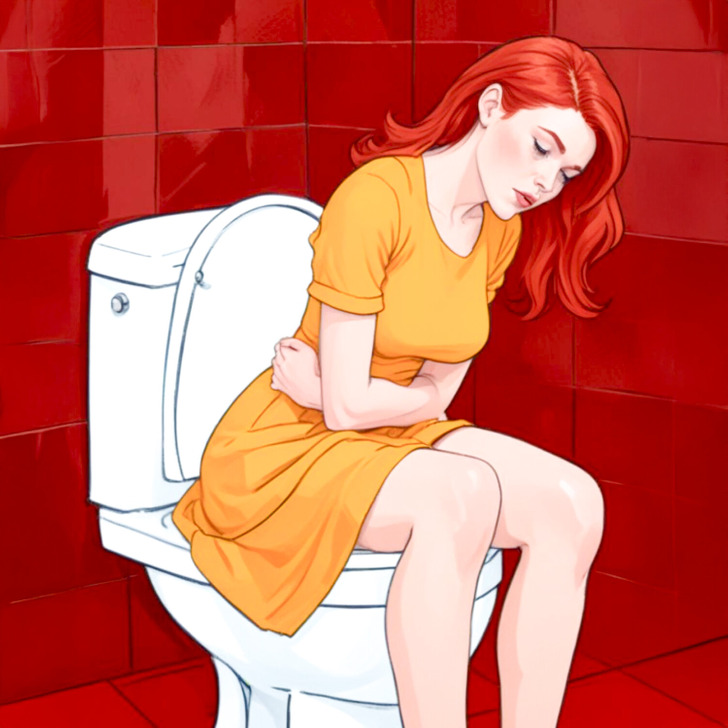
Research also suggests a strong connection between sleep quality and digestive health. A separate study found that individuals with chronic sleep disturbances had a significantly higher risk of constipation, emphasizing the importance of sleep in maintaining overall gastrointestinal function.

The amount of sleep a person requires depends on various factors, including age, health, and lifestyle. “Most healthy adults need between seven and nine hours of sleep each night,” according to NHS guidelines.
However, sleep needs vary from person to person. Babies, children, and teenagers require more rest to support their growth and development, with newborns typically sleeping between eight and sixteen hours a day.
Recognizing how our bodies respond to sleep—and making adjustments as needed—can help us maintain overall health and well-being. While most bodily changes due to sleep deprivation are temporary, some signs may warrant medical attention. Regular self-checks and seeking professional advice when necessary are key steps toward a healthier lifestyle.
Now that you know how sleep affects your well-being, here’s another surprising fact: most people don’t use the toilet correctly, and it’s causing serious health issues. Are you making this common mistake?




